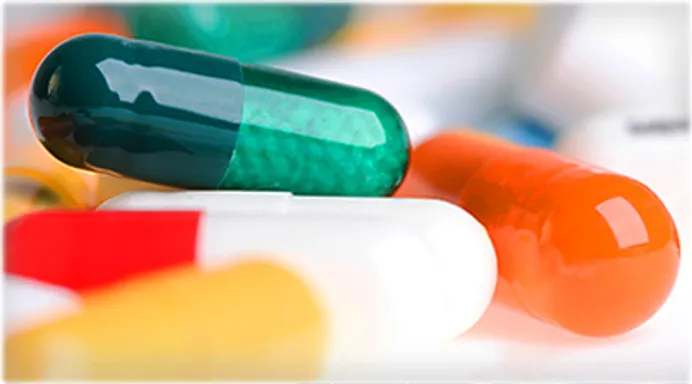
Image credit: WebMD
Antibiotics are one of the most common medications being prescribed and it helps to treat varieties of infections. With that being said, there must be a certain point in our lives that we need to be on an antibiotic course. Therefore, it is important to understand them.
Side effects can be additive
Both alcohol and antibiotics have individual sets of side effects that impact an individual’s behaviour and mental state. When the body breaks down alcohol, it produces acetaldehyde, which can cause nausea. Alcohol also causes other gastrointestinal side effects such as diarrhea and upset stomach. Antibiotics interfere with normal flora of gastrointestinal tract while doing its work and this will add on to the unpleasant side effects caused by alcohol. Central nervous system side effects of antibiotics can be amplified when taken with alcohol and cause additional side effects like dizziness, drowsiness, headache, and even potentially life-threatening seizures.
The two most important examples are metronidazole and tinidazole. Both of those antibiotics can cause pain, dizziness, drowsiness, damage vital organs and other symptoms when they encounter alcohol.
Interference with drug metabolism and absorption
The human body relies on enzymes to break down alcohol. Some of these enzymes also are in charge of metabolism of antibiotics so it can do its job. With alcohol in the body, it affects the metabolism of antibiotics and reduces its efficacy. In addition, this interaction might occur in the central nervous system.
Infection-wise
Those who take antibiotics are likely to be suffering from an infection. When the body is fighting an infection, the immune system is activated and our lymphocytes take up energy to do their work. Drinking interferes with the essential processes of the body like sleep and hydration, and these are critical components of recovering from an infection.
Sources of alcohol
Drinking is not the only source of alcohol. Alcohol is a common ingredient in mouthwash and over-the-counter medications. The concentration is usually fairly low, but there is still enough to be medically relevant in some cases.
When is considered safe to drink after my course of antibiotics?
You may need to wait at least 72 hours after finishing your course of antibiotics before having any alcohol.
Image credit: The Beer Times
Alcohol in general: Drinking alcohol in excess can cause undesirable health issues like cardiovascular diseases, stroke and others. Men and women are advised not to drink more than 14 units a week.
Takeaway: You are encouraged to avoid alcohol generally when you are sick to aid your healing process. If drinking is necessary, it is best to consult your doctor or pharmacist for advice on the specific medication.
References:
- https://www.ncbi.nlm.nih.gov/pmc/articles/PMC6761694/
- https://www.slma.cc/drink-alcohol-on-antibiotics/
- https://www.alcoholrehabguide.org/alcohol/drinking-drugs/antibiotics/
- https://www.healthline.com/health/antibiotics-alcohol#alcohol-and-infections
Cover image credit: Healthline








